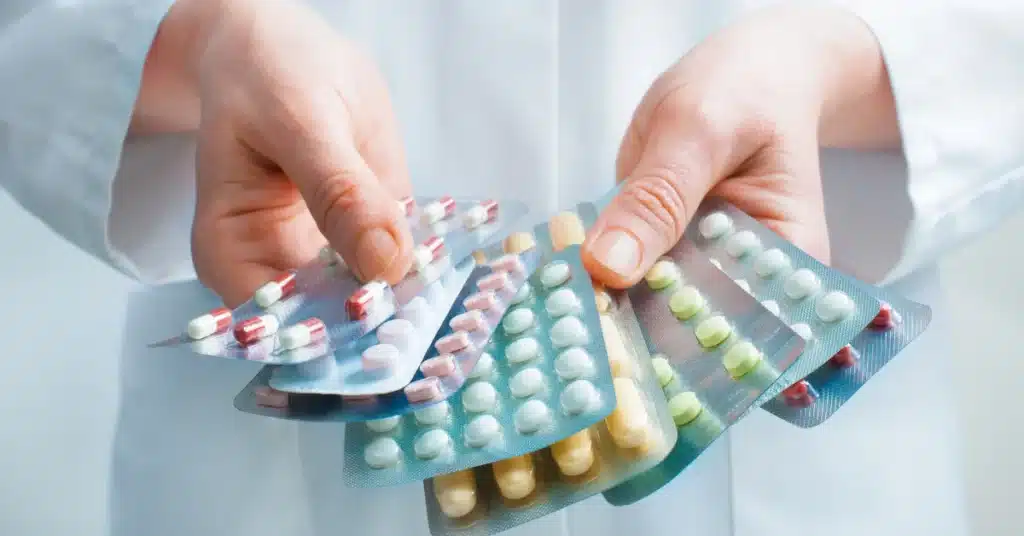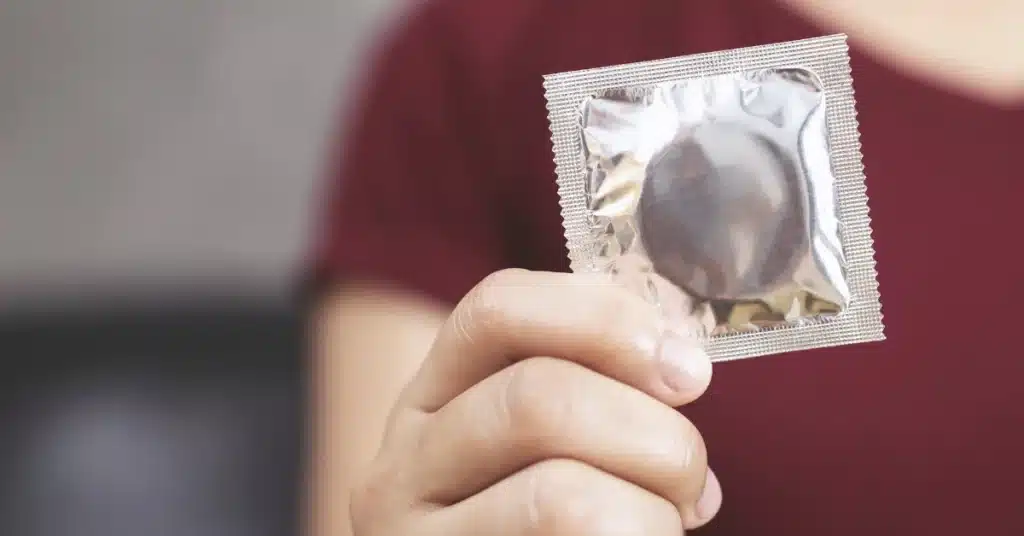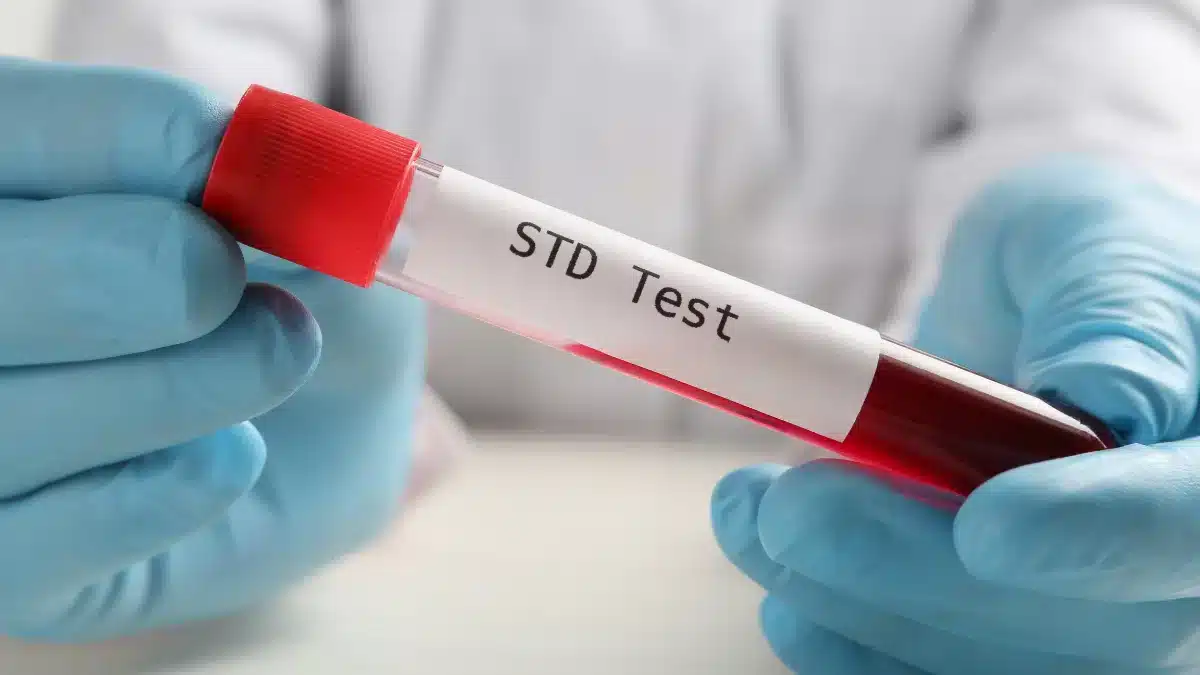Can You Get an STD From Yourself: Exploring the Likelihood
Sexually active people generally have some concern about STDs or Sexually Transmitted Diseases.
Though most are aware of the risks associated with engaging in sexual activity with a new person, there is confusion about self-inoculation, i.e., giving oneself an infection or disease.
There are many myths surrounding sexual health, which makes many wonder,” Can you get an STD from yourself?”
It is important to understand the transmission dynamics of infectious diseases and the potentiality of humans in spreading diseases.
This article tells about whether it is possible to give oneself an STD, how likely it is, how it happens, etc.
Understanding STD transmission
STDs are normally transmitted through sexual contact and external sources.
This means STDs typically result from sexual contact with an infected person.
External sources, not oneself, are the primary means of transmission.
STDs are typically spread through vaginal, anal, or oral sex.
They can also be transmitted through sharing needles or from mother to baby during childbirth or breastfeeding.
Is self-transmission possible
STDs generally require contact with an infected person or their bodily fluids.
Self-transmission of STDs through masturbation is low.
The common myths around toilet seats, bathtubs, swimming pools, towels, and personal items must be dispelled.
STDs are not transmitted through toilet seats or towels or through shared bathtubs or swimming pools.
The STD-causing pathogens do not typically survive on surfaces like doorknobs, too.
They require direct contact with infected persons or their bodily fluids for transmission.
STDs are primarily transmitted through sexual contact.
STDs are not spread through sharing food or drinks.
However, concerned individuals should consult healthcare professionals for accurate information about specific STDs and their modes of transmission.
Is it possible to get an STD from yourself
Technically, yes, as there are some non-sexual ways of contracting STDs, too.
This can occur in a few ways, such as transferring an STI from one part of the body to another, using contaminated sex toys, or sharing a needle with a person who has a blood-borne STI.
Some of the ways an individual can give themselves an STD include using contaminated sex toys, needles, razors, and toothbrushes.
One can also transfer an infection from one body part to another.
When an infected bodily fluid, such as sperm or blood, comes into touch with an open wound or mucous membrane on the same person’s body, self-inoculation can occur.
It is also possible for someone to contract an STD from themselves by using contaminated objects.
For example, having an STI in one part of the body and transferring it to another part or by using a sex toy that has bodily fluids on it from a person who has an STI, transmission is possible.
It is important to note that while self-inoculation does happen, it is not common.
One needs to be careful and avoid self-inoculation.
Poor oral health increases the chance of getting an STD.
Treatment and management

If an individual thinks they have contracted an STD, whether by themself or otherwise, they should visit a doctor.
The doctor may suggest tests to diagnose the infection and then prescribe the treatment accordingly.
The treatment option will depend on the infection’s severity and type.
It typically includes antibiotics, antiviral medications, or other medications if the case demands.
In addition to medical treatment, the individual can get emotional support through counseling.

Erase discomfort, embrace relief – conquer STDs swiftly!
Reclaim your health with superior antibiotic solutions from WowRx.
Ciplox 750mgAugmentin 500 125 mgMeasures to prevent STDs

Understanding the risks of STI transmission and taking the necessary safety measures to keep oneself safe is essential.
So, how do you protect yourself from contracting an STD?
By using safe injection techniques, avoiding contact with tainted bodily fluids, and thoroughly cleaning any sex toys or equipment, people may significantly reduce the risk of self-infection.
If engaging in sexual activity, one ought to get checked frequently as well.
The best way to do so is through practicing safe sex and hygiene.
- Condom use: Consistent and correct condom use remains one of the most effective ways to prevent STD transmission during sexual activity
- Personal hygiene: Maintaining good personal hygiene, such as regular bathing, can contribute to overall health but is not a sole preventive measure against STDs. Safe sex practices are essential
In addition to practicing safe sex and maintaining good hygiene, regular testing is also vital to monitor and prevent the spread of STDs.
Conclusion
So, can you get an STD from yourself?
The chances are extremely low, and accurate information is crucial for dispelling myths and reducing anxiety.
Most STDs are not easily transmitted through casual contact or environmental exposure.
STDs are typically spread through sexual contact, i.e., vaginal, anal, or oral sex.
However, self-inoculated STDs, though uncommon, can affect anyone.
Therefore, technically, it is possible to give yourself an STD.
This can happen by touching and using contaminated objects or spreading the infection of one part of the body to another.
Practicing safe sex, maintaining personal hygiene, and consulting healthcare professionals contribute to a healthier understanding of sexual health.
Frequently Asked Questions
Are all STDs equally unlikely to be self-transmitted?
No, not all STDs are equally unlikely to be self-transmitted. The likelihood of self-transmission depends on the specific nature of the infection. For example, some STDs primarily infect genital or mucosal tissues, making self-transmission less likely. In contrast, others may have a higher potential for self-inoculation.
Can you test yourself for STDs?
While some home testing kits for STDs are available, consulting a healthcare professional is crucial for accurate diagnosis and appropriate treatment. Professional testing ensures reliability and guidance for managing detected infections and promoting sexual health and well-being.
How do you test yourself for STDs?
Visit a healthcare provider for comprehensive STD testing. They may perform blood, urine, or swab tests based on your symptoms and risk factors. Home test kits are available, but professional testing ensures accuracy. Regular screenings, open communication, and safe practices contribute to sexual health and prevention.
Can you get an STD from not cleaning yourself?
It is important to maintain good personal hygiene for overall health, but not cleaning oneself does not directly cause STDs. They are primarily transmitted through sexual contact with an infected person or contact with infected bodily fluids. Practicing safe sex and regular hygiene are both important for sexual health.
WowRx uses only high-quality sources while writing our articles. Please read our content information policy to know more about how we keep our content reliable and trustworthy.






